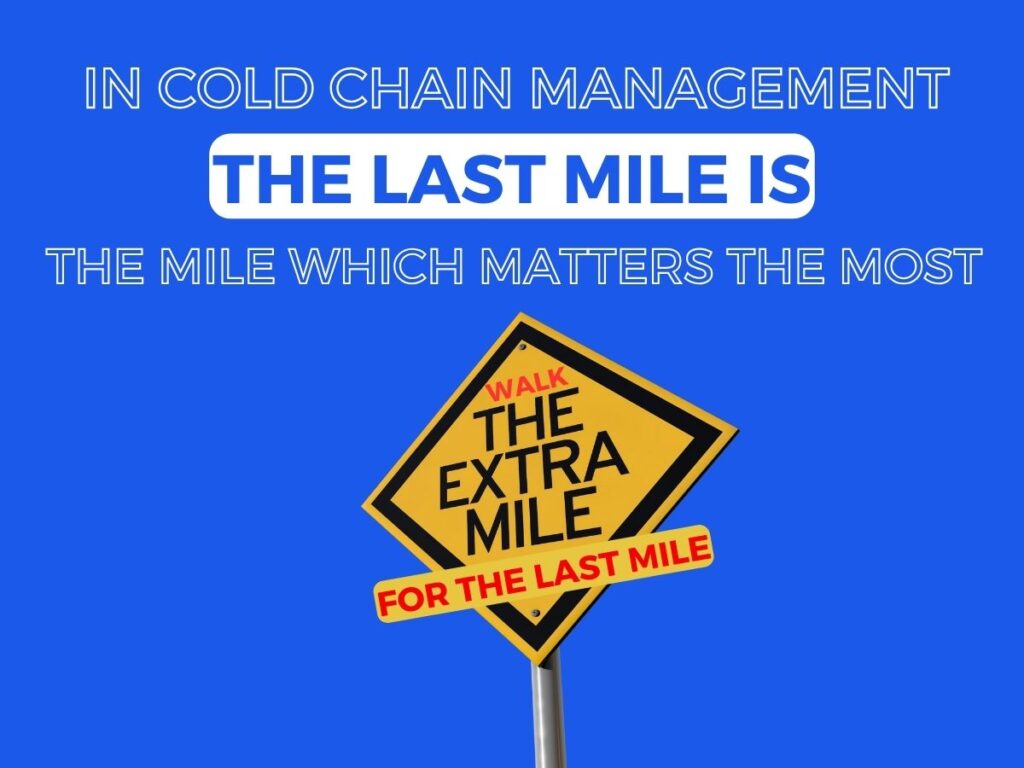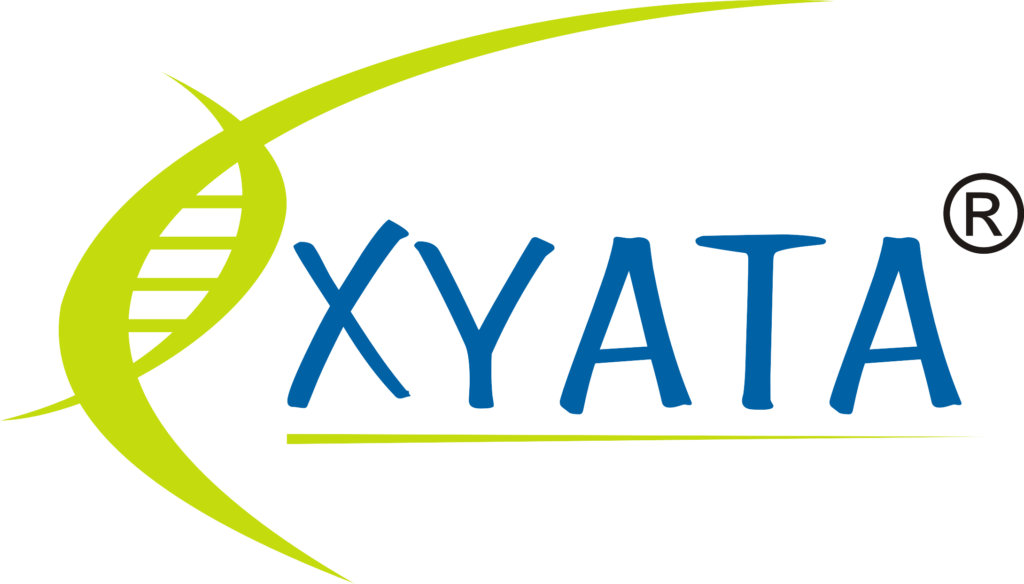Biological products, including vaccines, recombinant therapeutics, and other sensitive pharma products, are highly dependent on a meticulously controlled temperature environment to maintain their efficacy and effectiveness. Whether it is a life-saving vaccine or a critical biological drug, any deviation from the required temperature range can lead to compromised safety and reduced potency.
This is why Cold Chain Logistics play an essential role in the Pharma Supply Chain, ensuring that these temperature-sensitive products remain viable from their point of origin to the end user.
Why Biologicals, Recombinants, and Vaccines Require Strict Temperature Control
Biological products are unique in their complexity. Unlike conventional medicines, they are derived from living organisms, which makes them extremely sensitive to temperature fluctuations. Many biologicals, such as vaccines and recombinants, require precise Temperature Control to avoid degradation, and exposure to the wrong temperatures can render these products ineffective or unsafe.
From the moment they are manufactured, these products must be stored and transported within specific temperature ranges, often between 2°C to 8°C or even below freezing, depending on the product. Any deviation can lead to the breakdown of active ingredients, leading to reduced Drug Safety and diminished therapeutic effects.
Cold Chain Challenges: The Journey from Manufacturer to Patient
The journey of biological products from the point of manufacture to the end user is a complex one, requiring a seamless and uninterrupted cold chain. It begins with the manufacturer who ensures that products are stored at optimal conditions. From here, they are shipped to distributors, chemists, and eventually the patients.
But the journey does not end there. Even after reaching the distributor, ensuring Temperature Control during transport to the point of sale, the chemist, and ultimately to the patient remains critical.
The challenges in maintaining the cold chain become even more pronounced during the “last mile” of delivery, which refers to the final leg of transportation from distributor to patient.
This stage involves the highest number of hand-offs—moving from the distributor to the stockist, to the chemist, to the delivery executive, and eventually to the patient or healthcare provider. Each of these touchpoints carries a risk of temperature breaches, especially if proper cold chain protocols are not adhered to. This is the stage where most things have a high probability of going wrong.

The Final Stretch: Critical Points of Failure
Many issues in the Cold Chain Logistics occur during the last stretch, where the product is handled by multiple parties. Each handoff between the stockist, chemist, delivery executive, and finally the patient presents a risk of temperature excursions, whether due to human error, improper storage, or lack of appropriate refrigeration during transport.
In countries like India & many more across the world, the challenges in maintaining a robust cold chain are amplified by external factors such as power outages, poor-quality refrigeration equipment, and fluctuating storage temperatures. Despite the complexity of these logistics, ensuring Drug Safety is non-negotiable. It is an area which has the potential to neutralize all the efforts put by everyone and every system behind the product in question.
A product exposed to suboptimal conditions at any stage of the cold chain can become unsafe or lose its efficacy, which can have devastating consequences for patients relying on critical therapies. It has therefore to be delt with a ‘Zero-Error’ approach
The Unique Challenges of Cold Chain Logistics in India & Across The World
India, with its vast geography and climatic variations, provides a challenging environment for Cold Chain Logistics in the Pharma Supply Chain. Long power cuts, equipment failures, inconsistent storage temperatures, and unpredictable external conditions pose major hurdles in maintaining the required temperature ranges. With such variability, it is imperative to have a strong Plan-B in place to handle unforeseen circumstances and ensure the consistency of the cold chain from start to finish.
For instance, when a power outage occurs, backup generators, alternative refrigeration units, or even portable cooling devices may be needed to maintain the integrity of temperature-sensitive biologicals. Planning for such scenarios is critical, as even a short-term deviation from the required temperature range can render the product unusable.
Additionally, the complexities increase when biological products must be transported to rural areas with limited infrastructure.
Ensuring Consistency in Cold Chain Management
How can one ensure the consistency of Cold Chain Logistics in such challenging environments? The answer lies in detailed planning, robust infrastructure, and real-time monitoring. A comprehensive route plan that accounts for potential disruptions, such as equipment failures or transportation delays, is essential. Every facility along the product’s journey must have the capacity to maintain the necessary temperature control, from the manufacturer’s warehouse to the end patient.
Backup arrangements, such as backup refrigeration or mobile cold units, should be ready in case of emergencies. Planning for potential risks, including transportation delays and natural calamities, is essential to prevent temperature excursions and protect Drug Safety.
Real-Time Monitoring: Leveraging Technology in Cold Chain Logistics
Incorporating advanced technology can significantly enhance the reliability of cold chain systems. Real-time tracking and temperature monitoring systems offer valuable insights into the condition of biological products at every stage of their journey. Although expensive, it does justify the ‘Cost Vs Value’ equation effectively
These systems provide continuous feedback on the product’s temperature status, allowing stakeholders to take corrective actions when necessary. For example, if a shipment’s temperature begins to fluctuate, an alert can be sent to the responsible party to initiate backup protocols or redirect the shipment to a facility with proper refrigeration.
Real-time monitoring not only improves Pharma Supply Chain transparency but also ensures accountability at every stage, ultimately safeguarding Drug Safety for the end consumer. This of course is an area of ‘Zero Compromise’.
The Role of Experienced Professionals in Cold Chain Management
Technology and planning are critical, but the human factor also plays a vital role in ensuring effective cold chain management. A seasoned professional who can foresee potential logistical pitfalls and implement preemptive measures is invaluable. Experienced cold chain managers understand the intricacies of Cold Chain Logistics and can proactively address any challenges that may arise, from infrastructure failures to transportation delays.
These professionals play a key role in overseeing the entire supply chain, ensuring that the products remain within the required temperature range and implementing corrective actions when deviations occur. Their expertise is essential in maintaining the integrity of the cold chain, particularly in high-risk environments.
FAQs
- What is Cold Chain Logistics in the pharmaceutical industry?
Cold Chain Logistics refers to the process of storing and transporting temperature-sensitive pharmaceutical products, such as vaccines and biologicals, within a controlled temperature range to maintain their efficacy and safety.
- Why is Temperature Control important in the Pharma Supply Chain?
Temperature Control is crucial because any deviation from the required temperature range can degrade the product, making it ineffective or even unsafe for patient use.
- What are the common challenges in maintaining Cold Chain Logistics in India?
Challenges include long power cuts, faulty refrigeration equipment, inconsistent storage temperatures, and difficult transportation routes, especially in rural areas.
- How does real-time monitoring help in Cold Chain Logistics?
Real-time monitoring provides continuous feedback on the temperature of the product, allowing stakeholders to take immediate action if there is a deviation from the required range.
- What role do experienced professionals play in Cold Chain Logistics?
Experienced professionals ensure the seamless flow of cold chain processes by anticipating challenges, taking preemptive measures, and implementing contingency plans to maintain product integrity.
Conclusion
Maintaining Cold Chain Logistics is essential in the Pharma Supply Chain to ensure that temperature-sensitive products such as biologicals, recombinants, and vaccines reach the patient in their optimal state.
With detailed planning, robust infrastructure, real-time monitoring, and experienced professionals, we can overcome the challenges posed by variability and unforeseen situations, ensuring Drug Safety at every stage of the supply chain.
Products requiring ‘Cold Chain’ are generally highly specialized, premium & a notch above the routine pharmaceutical products that we get to see. Products in the category of Biologicals, Recombinants, Vaccines & many life saving products generally need a controlled temperature environment to perform & deliver results as per expectation, which are generally high. Companies & all transition points from start to end must walk the extra mile to ensure the precious Cold-Chain of their precious products remain as potent & powerful with Zero Violation.
After all life is so precious and any factor which can impact it is equally important.
Stay Happy, Stay Blessed…
